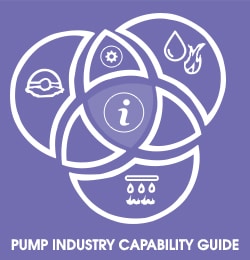Abergeldie Contractors has been awarded the contract to deliver the Mardi Water Treatment Plant, which is set to be a world-class water treatment facility capable of providing up to 160 million litres of clean water per day.
The New South Wales Government’s Safe and Secure Water Program has invested $6.85 million along with more than $75 million from the Central Coast Council to build the state-of-the-art treatment plant.
New South Wales Minister for Water, Rose Jackson, said it is the first time since 1992 that the plant has been upgraded, which is great news for the community because it will help secure the region’s water future for the next five decades by improving treated quality and reliability.
“While it has been a faithful workhorse for the past 40 years, the time has come to overhaul the technology and modernise the infrastructure to keep up with the demands of a growing community while shoring up water security,” Ms Jackson said.
“Water treatment plants are a community’s first and last line of defence when it comes to producing safe drinking water. It is crucial the infrastructure can cater for an increasing population and be a reliable source of water in both the wet and dry times.
“Bringing the plant’s technology into the 21st century will enable it to treat raw water to an even higher standard, particularly during low flow periods when there are increased levels of sediment and organic material, including algae, that need to be treated.”
New South Wales Minister for Central Coast and Member for Wyong, David Harris, said the upgrade is a major win for the Central Coast community.
“Our community is growing and a modern, secure water supply is a must,” Mr Harris said.
“These important infrastructure upgrades are vital for the health of our community, economy and environment.”
Central Coast Council Director of Water and Sewer, Jamie Loader, said the project is now moving into the design phase with construction just around the corner, which will be a huge milestone.
“The Mardi Water Treatment Plant provides about half of all drinking water to the Central Coast and transfers extra supply to the Hunter region, so future-proofing this asset and delivering safer and more secure water is a key priority,” Mr Loader said.
“It’s exciting to see progress being made and we’re looking forward to the finished product, which will treat up to the equivalent of 64 Olympic swimming pools of top-notch treated drinking water for 210,000 homes and businesses across the Central Coast and parts of the Lower Hunter.”
This is one of the largest water infrastructure projects undertaken by Council since the Mardi to Mangrove pipeline that was completed in 2011.
Construction is expected to start in the first half of 2024 and be completed in late 2025.
Featured image: A render of the Mardi Water Treatment Plant. Image credit: The New South Wales Government.

















